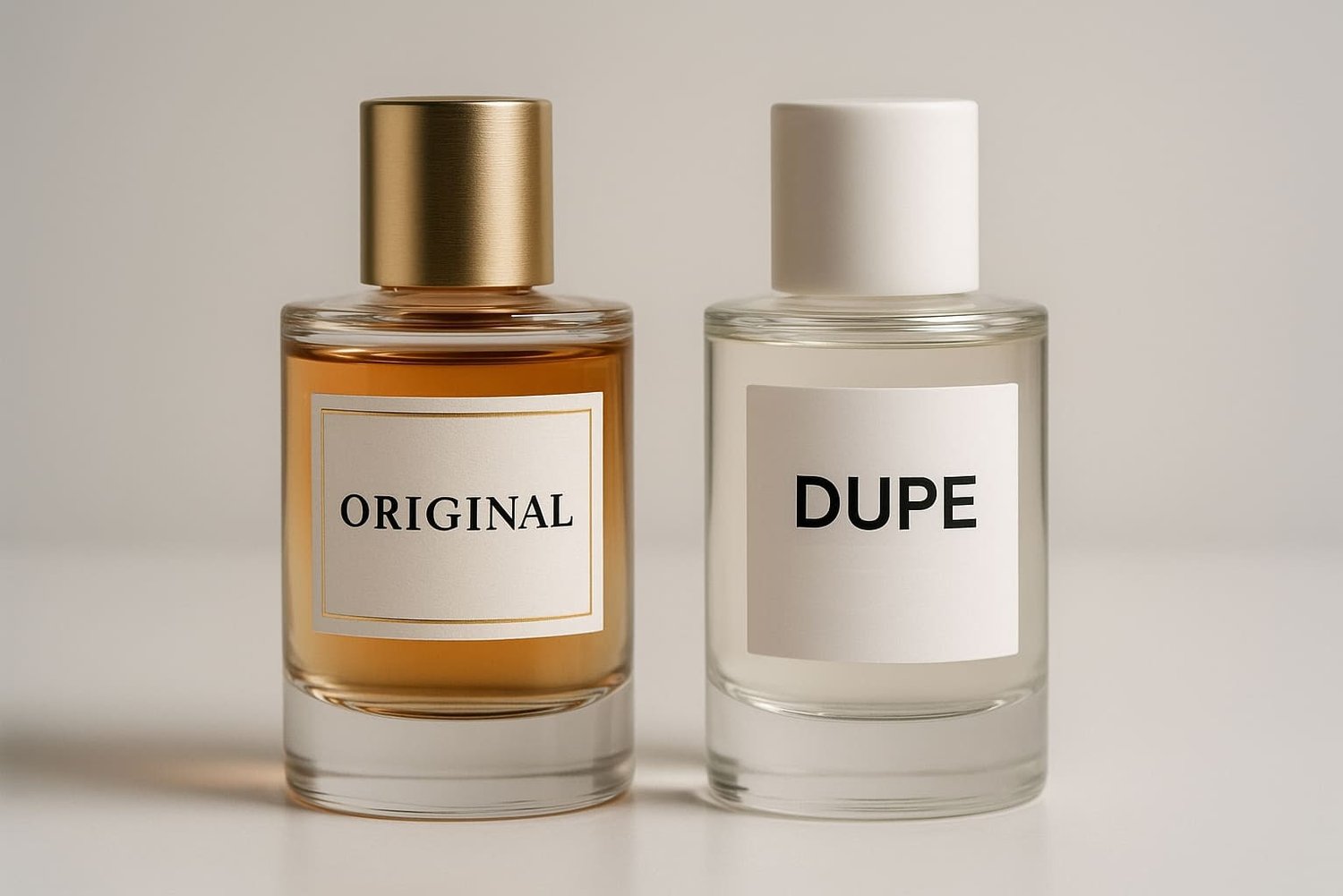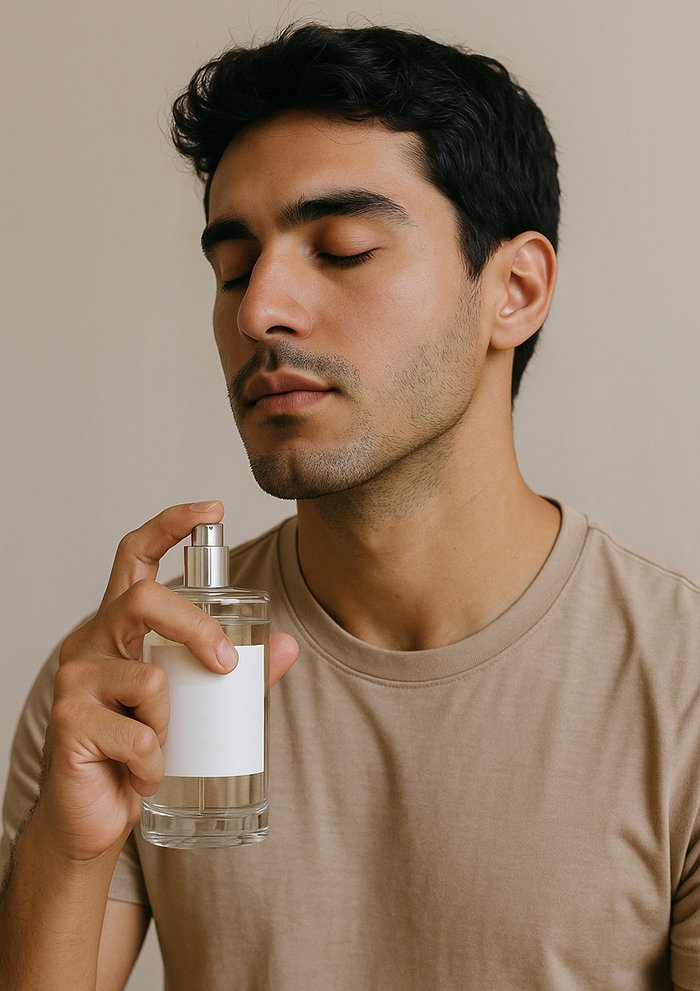
Loyalty to a single fragrance is a thing of the past. Today, we switch perfumes depending on the day, the occasion, or even the season. In every collection, luxury scents coexist with more affordable ones we wear daily.
In this landscape, a new phenomenon has emerged: the so-called "equivalent perfumes"–better known as dupes, clones, or "inspired perfumes." Unlike creative reinterpretations, these simply copy successful fragrances, deliberately imitating them at a lower price while feeding off the reputation of the original brand and perfumer. Their goal is to make you believe the olfactory experience is identical. But that's simply impossible.
